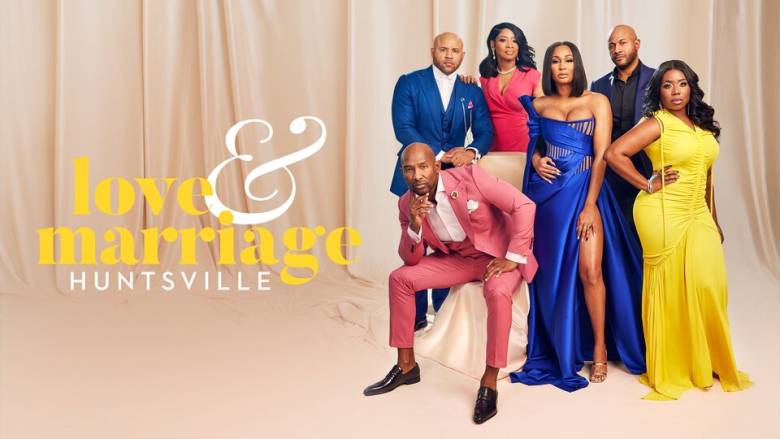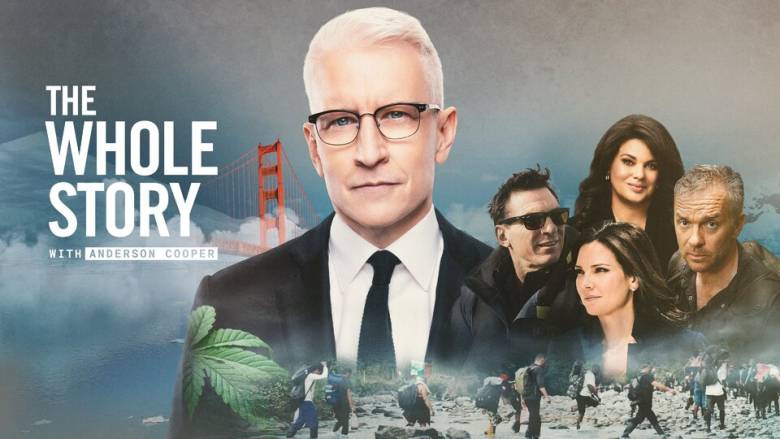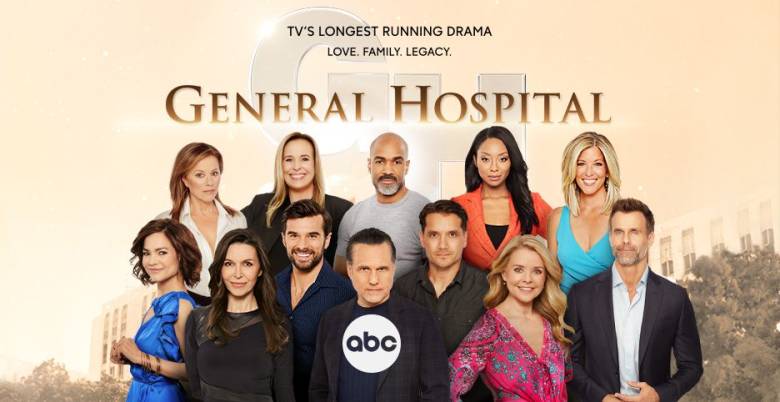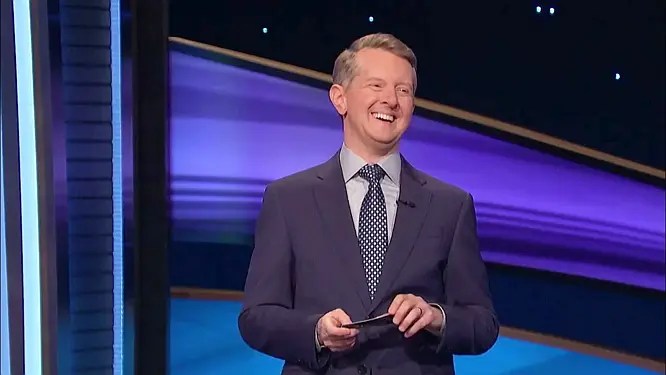Had you read the original book by Sara Collins?
“When they offered me the role, I was having to travel a lot for another job. So I listened to the audio book version of The Confessions of Frannie Langton, read by the author Sara Collins, over a period of a few days while on my travels. I was completely enthralled. Totally drawn into the story.
“It was then really interesting to read the scripts. Because a screen adaptation is a very different beast to a book. And they found a very clever way to tell this story on screen.”
How would you describe The Confessions of Frannie Langton?
“The Confessions of Frannie Langton is so many different things told in such a brilliant way. Sara Collins has taken the classic period drama and created an incredibly fresh perspective on it. At the same time it is a murder mystery, a story of passion and sensuality, a story with its origins in slavery and oppression. It manages to do so many different things in a very exciting, fresh and powerful way.
“There are no obvious directions in this drama. That’s what great writing does. You are never quite sure which way the story is going to turn or how characters are going to develop. Frannie keeps you guessing. It’s always intriguing. A fascinating mix of so many things.”
Who is John Langton?
“John Langton is a plantation and slave owner in Jamaica. He has been running this plantation in the West Indies for many years and also working on an academic paper about race. We see him on his way to London with Frannie, because he has lost much of his property in a fire.
“He essentially owned Frannie in Jamaica and still sees her as his property. Once back in England she is a free person, but the reality is that Frannie is far from being free in London. His control has been persuasive and powerful and that makes things very complicated for her. When someone else has been making decisions for you for many years. Frannie may not be a slave in the sense that she was in the plantation but she is still very much so within the realms of these households in Georgian London. She is a million miles from being an equal to anyone and is painfully aware of that.
“So John Langton returns to Georgian London for the first time in many years. He has very few connections there now and needs George Benham’s (Stephen Campbell Moore) help. There is a tension between the two men and their relationship is in a state of flux with their respective attitudes changing.
“This is a time of transition in terms of the end of slavery and George Benham wants to ensure he is on the right side of history. While John Langton clings on to his old ideas and beliefs which he absolutely believes are correct.
That he will be vindicated and proved right all along. He needs to prove he is right in order to survive and validate everything he has lived and worked for over the years. He is convinced and certain of his beliefs about race. That people of different races to white people are inferior.”
How does this society look on men like George Benham compared to black women like Frannie?
“The status of women at the time was not on equal terms with men. So to be black and female meant you were at the bottom of the pile in all respects. This was a white male society where men ruled and women were expected to keep within the confines of what was feminine and becoming of a woman. Not to be forthright, strong or outspoken in any way. And as we know, there are people who still hang on to some of those beliefs even today.”
Until relatively recently history was as written and told by men. Women’s history has often been lost because it was never written down and recorded?
“It’s a fascinating thing about history in general. I once worked with the film maker Peter Greenaway who said, ‘There is no such thing as history. Only historians.’ Which is a brilliant line, because history is defined by the people that write it, and if those people are male and white, what kind of history are you really getting? That is something we are only beginning to address and think about now. About how to reassess and challenge that.”
What does John Langton look like and where did you film?
“When you see John Langton in the ‘present day’ aspect of the story in London he is not in great physical shape. Sara doesn’t specifically say what it is but his hand is shaking, his legs are weak – I actually thought of it as the onset of Parkinson’s. That’s how I played it, so he has a cane with a slight hunch to him. His walk is a little stiff.
“His clothes have elements of urban London but they also have these strange colonial elements thrown in as well which were very carefully chosen. There is something slightly ‘other’ about John Langton. In many ways he’s a misfit. A character of London but he has spent so many years in this outpost in Jamaica and has become a strange outsider. He is painfully aware of that, so it was interesting to reflect that in the costume. A slightly worn, tired look in London.
“And then there are flashbacks to Jamaica where he is looking younger, stronger and fitter. That was an interesting thing to play. We filmed the Jamaican scenes in Bramham Park, near Wetherby of all places, but it looked extraordinary. The design work on the set was sublime. It looked fantastic. Subtle touches to the architecture of the house. Shutters were put on and railings added to staircases. With palm trees outside in a dusty terrain. It worked remarkably well and felt completely convincing. The lighting and design work on set was just breath-taking.
What was it like working with Karla-Simone Spence (Frannie Langton) and Stephen Campbell Moore (George Benham)?
“There is probably hardly a frame that Karla-Simone is not in. It was an enormous role for her, but she just took it all in her stride. She has such self-assurance and confidence, strength in her performance, but is also capable of amazing vulnerability as well, so she has got these wonderful qualities with a real light touch to her on the set.
“I spent most of my time working with Karla-Simone. In this very selfcontained, intense relationship between the two characters. She enjoys the process of the work and is brilliant at being able to switch off in between some of the incredibly intense and powerful work. That’s so important. It doesn’t have to be intense all of the time. In fact it’s probably better if it’s not. She was formidable.
“And it was a thrill to work with Stephen Campbell Moore. He is so smart and insightful. Brilliant casting for George Benham.”
You had worked with director Andrea Harkin before?
“Andrea is an incredibly detailed and yet collaborative director. This was my second time working with her and I felt very fortunate. I was thrilled that she had me in mind for this role. It’s a challenging role to get your head round but she is an amazingly thoughtful director with some wonderful ideas. But also to open to other ideas.”
How do you reflect back on working on The Confessions of Frannie Langton?
“When you’re on the set you are incredibly invested. You are living and breathing it. But once you finish filming an actor’s job is to leave it behind and let it go. And then this wonderful process of editing and post-production happens and it becomes something else. I’m always really interested in that. In seeing what it is that it becomes.
“Then it’s a question of how the audience perceive it. We live with this piece of work, invest in it and have our very definite thoughts and ideas about what the story is, and then the audience receive it and they have another whole set of perspectives and ideas about the story. For a while, before it’s transmitted, it’s our creation, our baby. Then you pass it over to the audience and it becomes everybody’s, which is a fascinating thing. Some people have very strong opinions and thoughts about what their take on it is.
“The good thing about the digital age and streaming today is that television has a longer life. In the days of just terrestrial television, a wonderful programme would be made and then it was gone. Now television lives on longer. That’s great. In the past it was always feature films that had the staying power because they were repeated or had a life on DVD or video before that, but now television has that staying power.”











